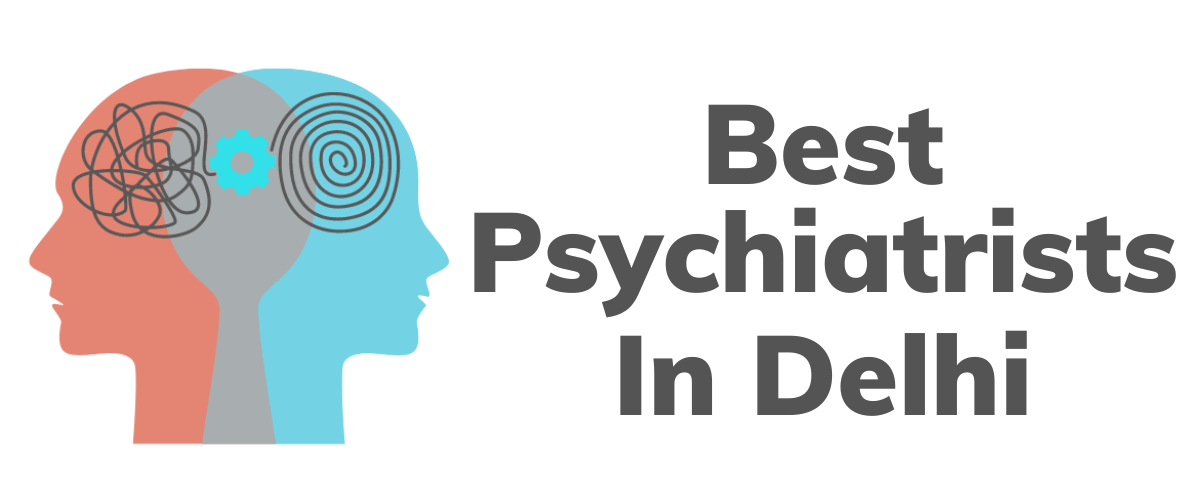Schizophrenia Symptoms
Schizophrenia Symptoms
When you have schizophrenia, your mind, heart, and actions all change. It’s possible that your experience will be unique from anyone else’s. The signs and symptoms may evolve as well. No one has ever amassed a complete set of them.
The average age of onset is between 16 and 30. It’s more common for men to get them than women. Often, a person will undergo subtle shifts in personality before showing any overt signs. This is sometimes referred to as the prodrome stage.
When schizophrenia has progressed to a severe stage, the individual affected has difficulty differentiating between true and false beliefs. This occurs less frequently as they get older.
Until a doctor or counselor makes the diagnosis, most people with the disorder have no idea they have it. They won’t even realize a major issue exists. If they do, they could chalk up their symptoms, like brain fog, to stress or exhaustion.
If you or a loved one are experiencing symptoms consistent with schizophrenia, it is important to get professional help.
Also Read:
Is there a Positive Symptom Checklist for Schizophrenia?
The inability to tell the difference between reality and exaggeration manifests itself in what is called “positive symptoms.” In this sense, “positive” means that symptoms are present rather than absent. What they might include is:
Weird ideas that can be easily debunked are examples of delusions. The affected individual may start to believe that the TV is being used to influence their mind or that the FBI is after them. They might imagine that they possess extraordinary abilities or that they are someone else entirely, such as a famous actor or the president. Common forms of delusion are:
Conspiracy Theories: Feeling as though you are being followed, framed, tricked, or hunted.
Allusions to Delusions: The mistaken belief that a public message, such as song lyrics or a TV host’s gesture, is actually directed at one’s individual self.
Physical Deceptions: The human body is the main topic here. The individual is certain that they are afflicted by some terrible disease or weird medical condition, such as skin worms or cosmic ray damage.
Delusional Erotomania: One’s partner may be cheating on them, or they may believe that a well-known person is secretly in love with them. People who aren’t drawn to them could also worry that others are out to get them.
False Beliefs in Religion: It’s possible for someone to feel they’re possessed by a demon or that they have a divine connection.
Exaggerated Pretensions: They think of themselves as a major actor or politician on the international stage.
What Are the Adverse Effects of Schizophrenia?
A lack or absence of normal mental activity, such as thinking, acting, or perceiving, is what is meant by negative symptoms. You might notice:
They may stop doing things for themselves to take care of themselves, such as taking a bath, since they are having difficulty doing so.
Disinterest: It may seem as though the person no longer finds pleasure in anything. This is what the experts call a lack of pleasure.
challenges in communicating. They may not show their feelings or communicate openly. A medical analogy would look something like this.
A person with schizophrenia may come out as incredibly down on their luck. Their voice can be monotonous and expressionless at times. They may not give their usual positive reactions to conversations or situations. A medical professional might describe this condition as emotional numbness.
Inaction: People with schizophrenia often struggle to maintain routines or finish projects. Sometimes they just can’t get started. This is what a doctor may call an avolition.
To withdraw is to stop making plans with friends or to isolate oneself from society. Wrestling with a stubborn individual, that’s what talking to them might feel like. The medical community labels the state as apathy.
